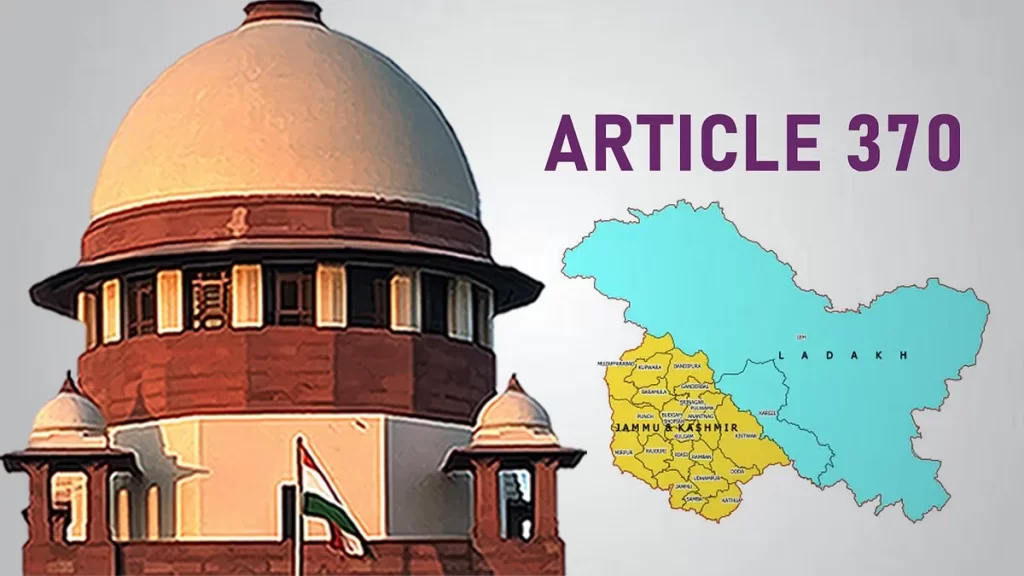Indian govt refuses to entertain any demands regarding restoration of Jammu & Kashmir’s special status
Solicitor General Tushar Mehta said that J&K would again be made a State when things get normal.
NEW DELHI ( Web News )
The Supreme Court of India has directed the Narendra Modi-led central government for a roadmap for restoration of Jammu and Kashmir’s statehood; however, the central government refused to entertain any demands regarding restoration of Jammu and Kashmir’s special status.
According to “SABAH”, while hearing petitions challenging the abrogation of Article 370, Indian Supreme Court asked Solicitor General Tushar Mehta, who is representing the Centre, to come back with directions on this and indicate if there is a time frame to restore the full statehood of Jammu and Kashmir. During the hearing, Solicitor General Tushar Mehta said that J&K would again be made a State when things get normal.
To this, the court asked him to furnish details on the timeline and roadmap and observed that the restoration of democracy is important. Several petitions were filed against the central government’s decision to abrogate the provisions of Article 370, which split the erstwhile state into two union territories, and bring the Jammu and Kashmir Re-organisation Act, 2019. The top court had referred these petitions to a larger Constitution bench in 2019.
During the hearing, the central government told the Supreme Court that it was necessary for Jammu and Kashmir to remain under its rule as a Union Territory for some time and that its’ full statehood would be restored.
The solicitor general also apprised the court of Union Home Minister Amit Shah’s statement in the Parliament where he had said that the current status of Jammu and Kashmir is temporary and it will become a full state.
On August 5, 2019, the central government announced the revocation of the special status of Jammu and Kashmir granted under Article 370 and split the region into two Union territories Jammu and Kashmir and Ladakh.
Besides individual petitioners who have challenged the abrogation of Article 370 and the bifurcation of the erstwhile State, Jammu and Kashmir Peoples Conference, Jammu and Kashmir High Court Bar Association, Peoples Union for Civil Liberties, and the West Pakistan Refugees Action Committee Cell – 1947 have also approached the Supreme Court against the Centre’s decision.
The Indian government has refused to entertain any demands regarding the restoration of Jammu and Kashmir’s special status under Article 370 but maintained the region’s statehood will be restored.

